
The more time students spend on extra skills development, the less space they have for relaxation, free interaction and sleep - Photo: Getty
Many people believe that extra time helps children get better grades, especially on exams. But research shows that students are already at their limit. Any extra “enrichment” will produce negative results.
The more you study, the more you lose social skills.
"We found that the impact of additional activities on cognitive skills was essentially zero," said Terry Carolina Caetano, study co-author and assistant professor of economics in the UGA College of Business.
And what's more surprising is that these activities are negatively contributing to children's non-cognitive skills."
Non-cognitive skills include emotional regulation and well-being, and are related to resilience and communication skills.
When looking at how teens spend their time affects cognitive or academic skills, versus non-cognitive or socio-emotional skills, Caetano said most high school students are focusing on academic gains, but gradually losing out on socio-emotional skills.
Researchers say that an extra hour of study, tutoring, or formal activity will help students gain skills and improve their academic performance. However, the more time students spend on extra skills, the less space they have for relaxation, socialization, and sleep.
These activities do not directly help children get good grades, but they are valuable for life skills and the ability to remember knowledge. If children do not get enough rest, they may not remember the knowledge they have learned, and this affects their learning results.
At the same time, children can suffer from stress, depression, outbursts due to long-term repression and social-emotional imbalance.
Researcher Caetano emphasized: imagine a child's learning as a curve, once it reaches the peak, any additional learning activity that occurs after that will decrease the child's skill. Basically, students will improve their non-cognitive skills better if they spend less time on knowledge enrichment activities.
Psychologists and educators have been highlighting the potential harms of overscheduling for years, Caetano said, and the study adds to the growing body of evidence that supports this argument.
The problem of both parents and students
Caetano admits that finding a solution is complicated. Children need time to play with friends without restrictions, which builds non-cognitive skills. But most parents worry that their children are not spending enough time on extracurricular activities, which can be measured in academic performance.
In addition, a significant number of parents need to understand the problem and start making changes. Otherwise, the children who are withdrawn from extracurricular activities will have no one to play with, thus not building skills and becoming isolated.
“This is a social problem,” Caetano said. The researcher recommends that parents constantly assess their own mental health as well as that of their children.
The study used detailed data from 4,300 children from kindergarten to high school. According to the study, high school students face the worst pressures, but that doesn't mean younger students are okay.
She said that when children are at the top of the curve, if they continue to add knowledge, they will face downward results.
Researchers recommend that parents use their young students’ time to build a variety of social and non-academic skills, helping them develop emotional regulation skills, so they are better equipped to navigate the busy and stressful times of college.
“Non-cognitive skills are important, but people don’t always think about them because they’re hard to measure. These skills are important not only for future happiness but also for career success,” she emphasizes.
Source



![[Photo] 17th Congress of Hanoi Women's Delegates](/_next/image?url=https%3A%2F%2Fvphoto.vietnam.vn%2Fthumb%2F1200x675%2Fvietnam%2Fresource%2FIMAGE%2F2025%2F11%2F21%2F1763711953024_image-9-4623-jpg.webp&w=3840&q=75)



![[Photo] Lam Dong: Panoramic view of Lien Khuong waterfall rolling like never before](/_next/image?url=https%3A%2F%2Fvphoto.vietnam.vn%2Fthumb%2F1200x675%2Fvietnam%2Fresource%2FIMAGE%2F2025%2F11%2F20%2F1763633331783_lk7-jpg.webp&w=3840&q=75)
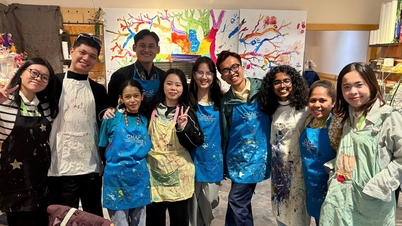




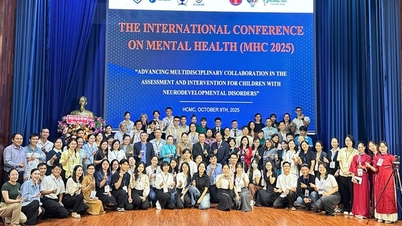


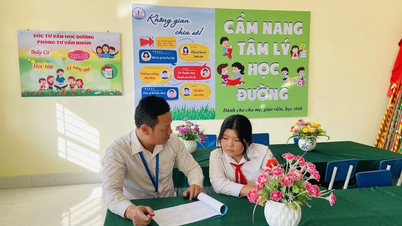



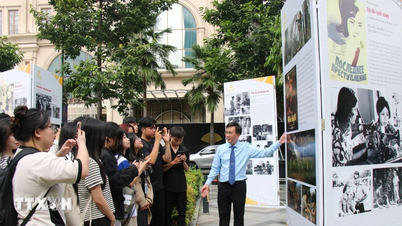






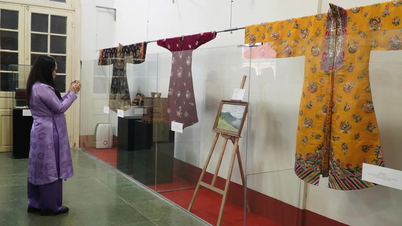








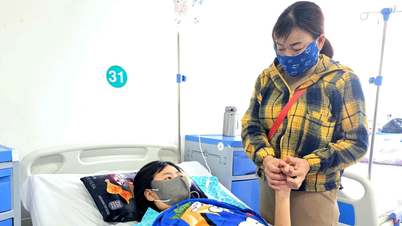









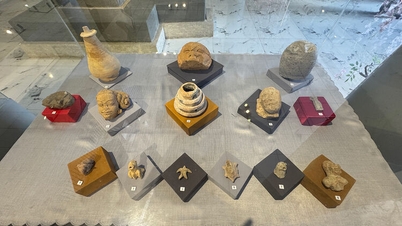











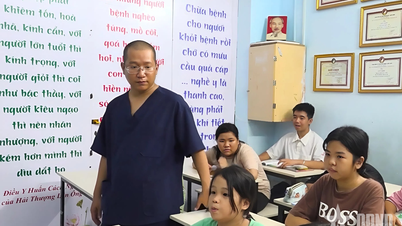







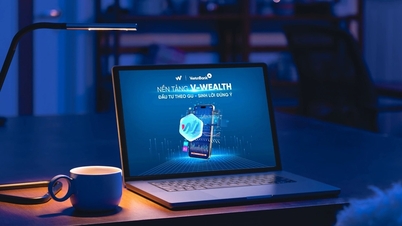
















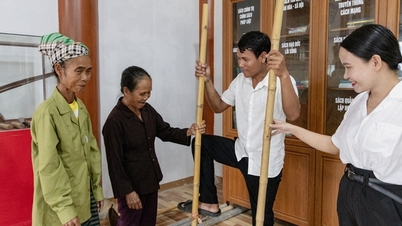




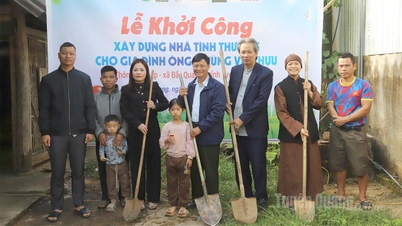

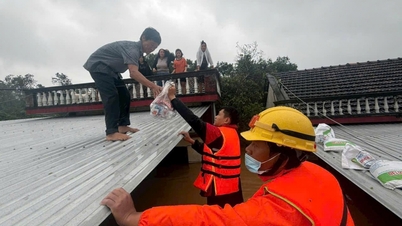

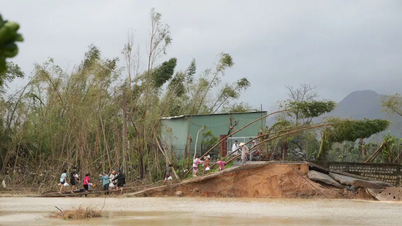

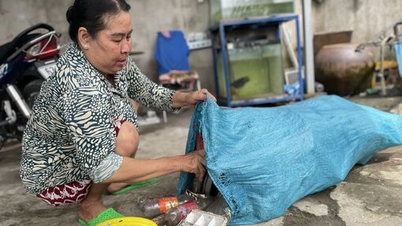

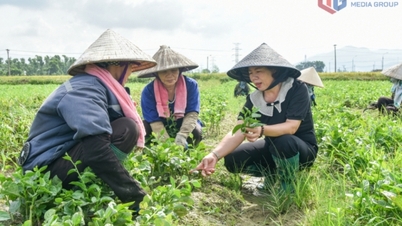














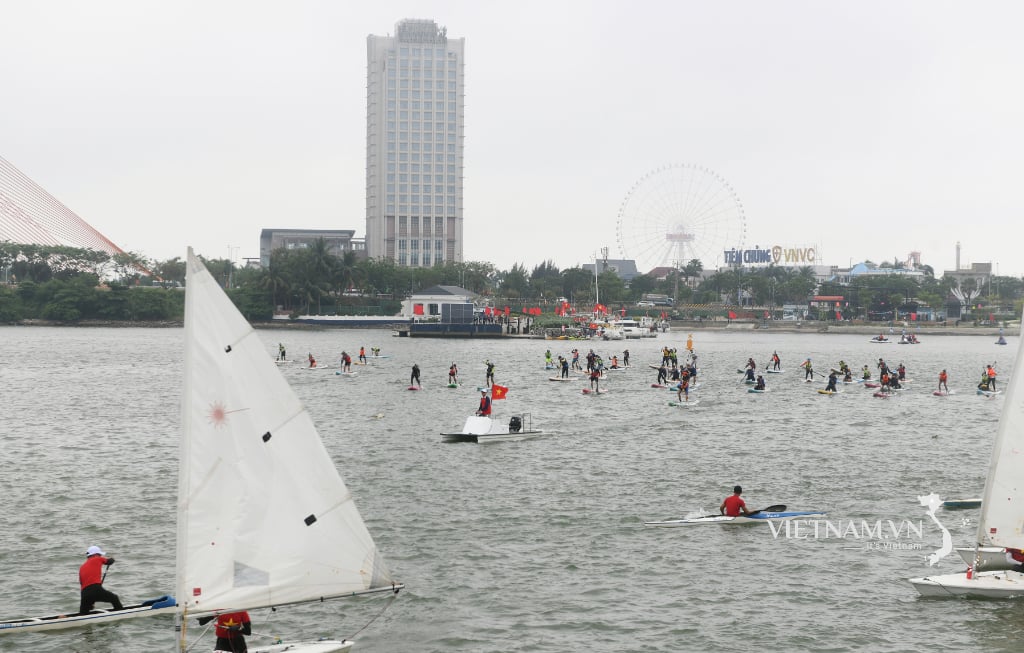
Comment (0)